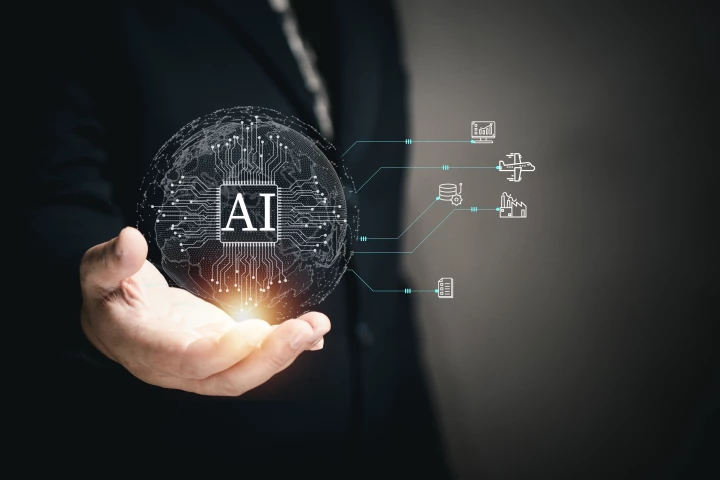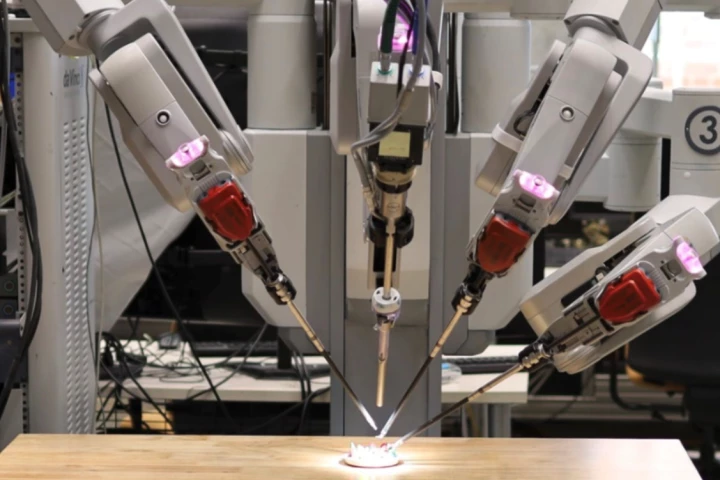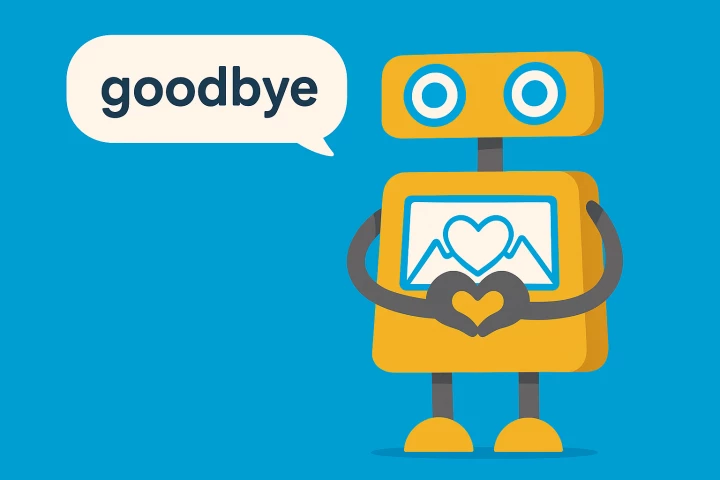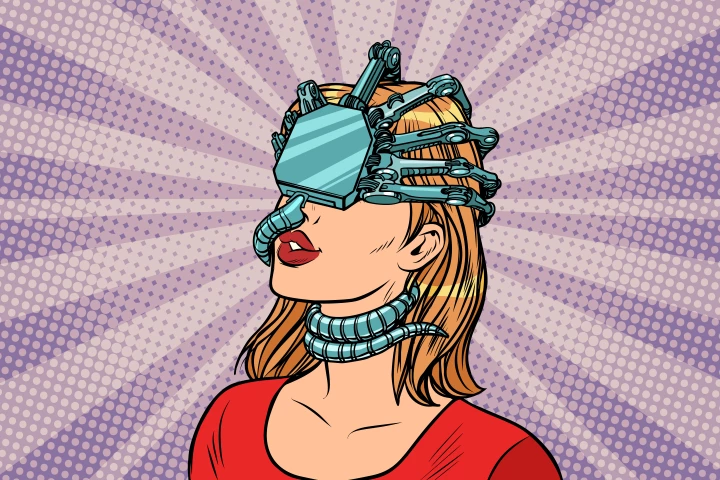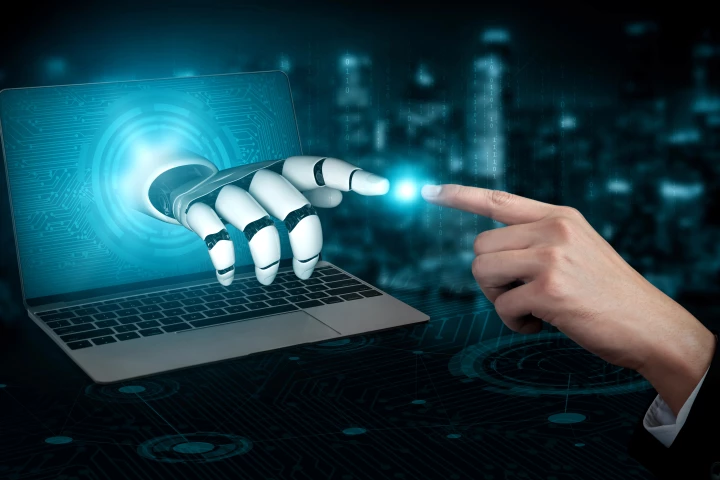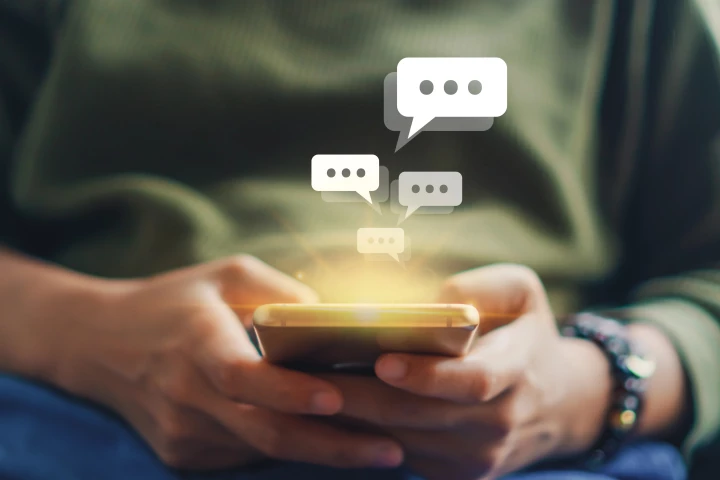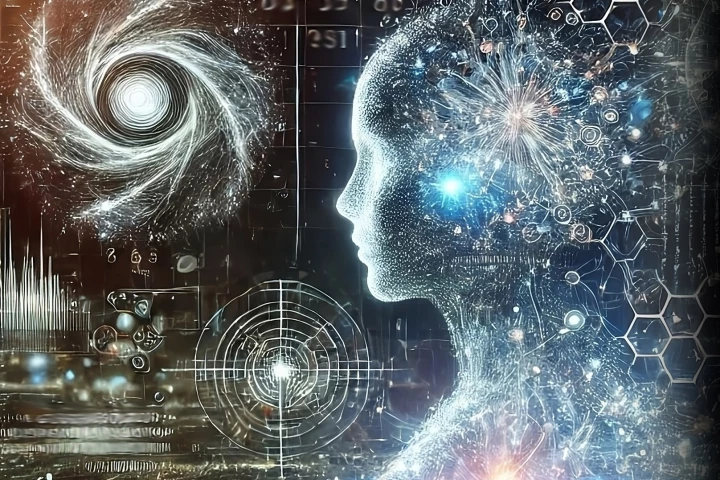GPT
OpenAI's Generative Pre-Trained Transformer (GPT) is the revolutionary AI language model behind ChatGPT, a chatbot sandbox trained on an unprecedented quantity of human-written text and code. As a result, it has the ability to communicate and write code in response to prompts at a level never before seen. First opened to the public in late 2022, it has become the world's fastest-growing app, and the potential implications for automation, job security and the future of human society are enormous and foundational.
-
Use AI long enough and eventually you lose the ability to communicate your inner thoughts. You think in terms of LLM prompts. And if our inner thoughts then resemble LLM outputs does that mean the computer is getting smarter, or we are getting dumber?
-
Marking a major shift in personal AI, OpenAI has released ChatGPT Agent, taking things well beyond chat – it can browse the web, run code, manage files and complete tasks across apps. It’s the first real AI assistant that doesn’t just answer but acts.
-
We're a step closer to entering an operating theater without any human life besides ours, following the world's first surgery performed by a robot responding and learning in real time. Its precision and skill matched that of experienced surgeons.
-
AI tools like ChatGPT have changed our personal and professional worlds, with around 52% of American adults regularly using a large language model. But at what cost? A new study details the large environmental price we're paying for our AI assistants.
-
A landmark AI therapy chatbot is closing down on June 30, and industry experts believe that its demise is most likely in response to the challenges of delivering impactful mental health services and navigating safety issues in the digital space.
-
How are you using new AI technology? Surely you're only deploying things like ChatGPT to summarize long texts or draft up mindless emails. But what are you losing by taking these shortcuts? And is this tech taking away our ability to think?
-
HiDock says its pocket-sized P1 recorder is the first device on the market to capture audio from your Bluetooth earbuds for high-quality recordings. It also uses AI to transcribe and summarize those recordings, and can be had for as little as $99.
-
Studies conducted by OpenAI and MIT Media Lab found a small percentage of test subjects who used ChatGPT extensively reported increased loneliness and emotional dependence, and reduced social interaction. What does that spell for such platforms?
-
Love them or hate them, chatbots are here to stay. And while an increasing number of people have been turning to bots like Claude and ChatGPT for help, there's only anecdotal evidence as to their mental health usefulness. That is, until now.
-
While we're not short of divisive topics in 2025, there are valid reasons as to why we're turning to chatbots for emotional support – and why many of us are also very much against it. So how willing are you to embrace this new form of therapy?
-
Every day new articles about "revolutionary breakthrough!" in AI hit my screen. The latest headline was "Torque Clustering" and "autonomous AI is on the horizon." But is it really? I did a deep dive with simple analogies to figure it out.
-
US AI giants got a wake-up call this week when fledgling Chinese firm DeepSeek wiped a record-breaking trillion dollars off the value of heavyweights like Nvidia and OpenAI. The technology's gatekeepers are rattled – and they have good reason to be.
Load More

